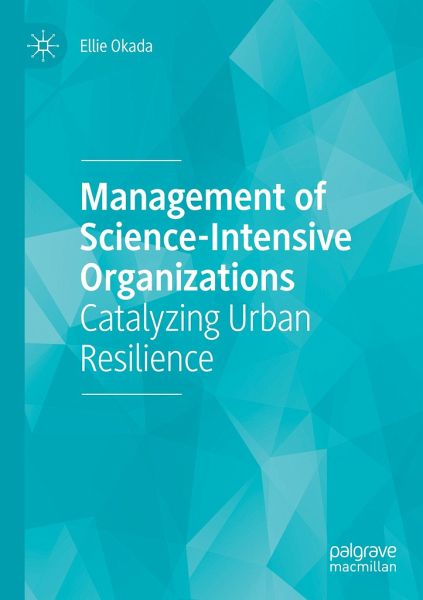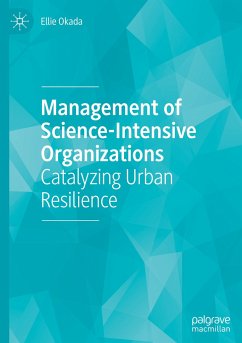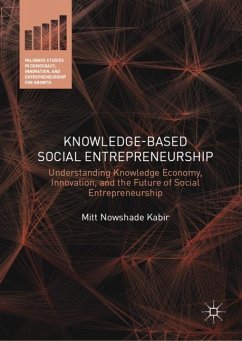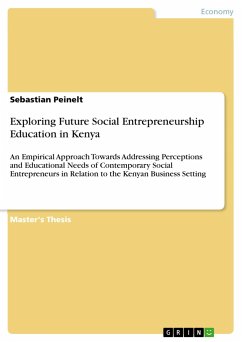
Management of Science-Intensive Organizations
Catalyzing Urban Resilience
Versandkostenfrei!
Versandfertig in 6-10 Tagen
98,99 €
inkl. MwSt.
Weitere Ausgaben:

PAYBACK Punkte
49 °P sammeln!
This book examines what mechanisms enable science-intensive organizations to broaden beneficiaries of science in urban settings. Focusing on organizations that constitute urban resilience systems and networks, it maps the contributions of academic institutions, established multinationals, and entrepreneur firms in environmental, material, and related life sciences. It then develops a model of strategy and governance for organizations to invest in and implement new environmental material science projects. This book provides researchers with a framework based on management theories of R&D and re...
This book examines what mechanisms enable science-intensive organizations to broaden beneficiaries of science in urban settings. Focusing on organizations that constitute urban resilience systems and networks, it maps the contributions of academic institutions, established multinationals, and entrepreneur firms in environmental, material, and related life sciences. It then develops a model of strategy and governance for organizations to invest in and implement new environmental material science projects. This book provides researchers with a framework based on management theories of R&D and resource allocation for resolving urban issues.












